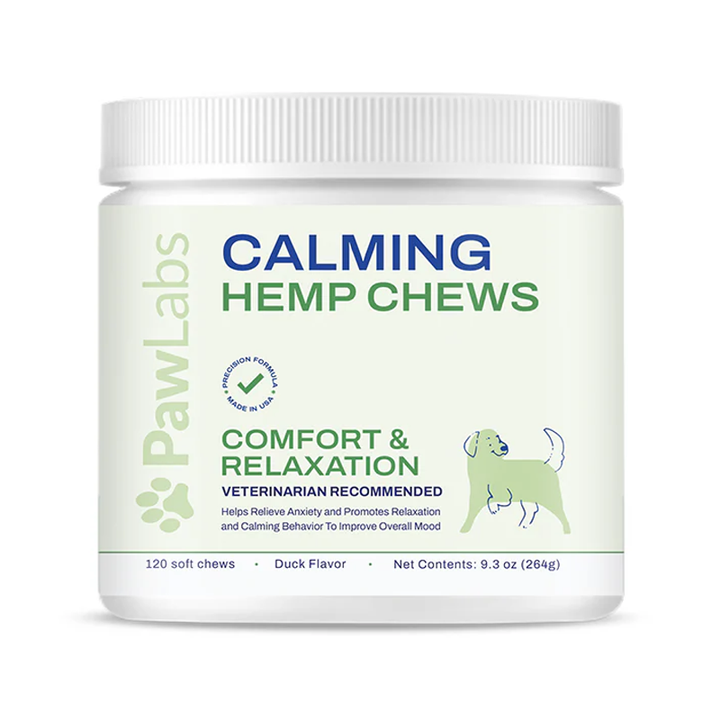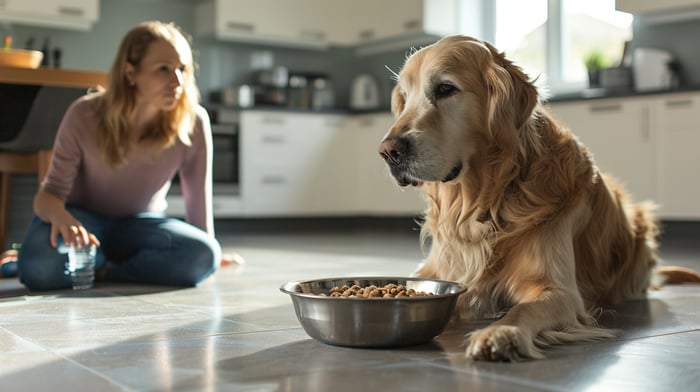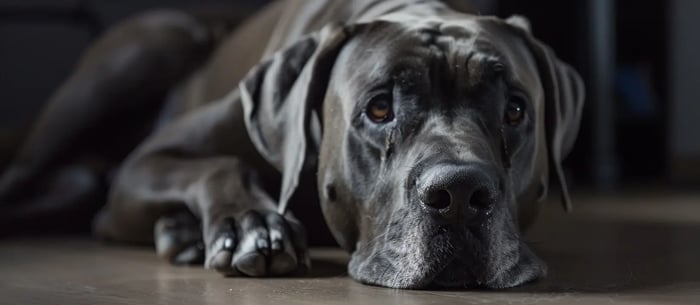The Dark Side of Commercial Kibble: Why Your Dog Won't Eat
Additives That Turn Off Your Dog's Appetite

Additives That Turn Off Your Dog's Appetite
When we think of our beloved pets, their health and happiness are often top priorities. However, a common concern among dog owners revolves around their pet’s eating habits—specifically, why some dogs seem to turn up their noses at their bowls. This blog aims to explore the complex reasons behind this behavior, especially in relation to commercial dog food, often referred to as kibble.

What Causes a Dog's Loss of Appetite When Eating Commercial Kibble?
Have you ever wondered why your dog isn’t as enthusiastic about their food as they used to be? One of the main reasons might be the quality of the kibble you are using. Many commercial dog foods are filled with artificial flavors and preservatives that might make the food less appealing over time. More importantly, if a dog feels unwell after eating certain types of kibble, they may start to avoid it instinctively.
Moreover, the nutritional content of many commercial kibbles is not tailored to every dog’s needs. If the food doesn’t meet their nutritional requirements, dogs may begin to eat less of it or ignore it altogether. It’s similar to how we might skip a meal if it doesn’t satisfy or agree with us.
Why Is My Dog Not Eating But Still Drinking Water?

If your dog is drinking water but not eating, it’s a sign that they haven’t completely lost their appetite and are still trying to stay hydrated. This can often happen when something in their food is causing discomfort. Dr. Jane Smith, a veterinarian from Austin, Texas, says, "Dogs might avoid food if it causes nausea but will keep drinking water because they feel the need to stay hydrated. It’s crucial for owners to observe this behavior as it can indicate dietary issues or illness."
This situation requires close observation. If this behavior continues for more than 24 hours, it is wise to consult a veterinarian to rule out any serious health issues.
How Do Additives in Kibble Suppress a Dog’s Appetite?

Many dog foods contain additives that are intended to enhance flavor, preserve freshness, or even improve appearance. However, these same additives can sometimes have the opposite effect on a dog’s desire to eat. Some additives may cause gastrointestinal upset, such as bloating or gas, which can make eating a painful experience for your pet.
Additionally, dogs have a keen sense of smell, and artificial additives might be off-putting to them. It’s essential to choose dog food with natural ingredients and minimal artificial components to ensure it’s both appealing and healthy for your pet.
What Are the Signs That Your Dog Won't Eat Kibble Due to Its Ingredients?
Signs that your dog might be rejecting their kibble due to its ingredients include hesitance to eat, sniffing the food and then walking away, or even trying to bury their food. These behaviors indicate that something about the food is not right for them.
It’s important to monitor these signs and consider trying a different brand or type of food, preferably something with fewer additives and more natural ingredients. Sometimes, a simple change in diet can make a world of difference in your dog’s appetite.
Could Your Dog Be Lethargic and Not Eating Because of Their Diet?
A poor diet can lead to lethargy and a lack of appetite. If your dog doesn’t get the right balance of nutrients, they might feel tired and uninterested in food. This is particularly true if their diet is high in fillers and low in actual nutritional content.
Watch for signs of lethargy such as less playfulness, sleeping more than usual, or a general lack of energy. These can all be indicators that your dog’s diet may need to be adjusted.
What Health Risks Arise from Long-Term Refusal of Food in Dogs?

If a dog refuses to eat for a prolonged period, they risk developing a variety of health issues, including dehydration, weight loss, and a weakened immune system. How long can a dog go without eating before it becomes dangerous? Typically, a dog can survive for about 3 to 5 days without food, but this can vary based on their health, age, and breed.
Long-term refusal to eat should be addressed by a veterinarian immediately to ensure there isn’t a serious underlying health problem.
How Long Can a Dog Go Without Eating Before It Becomes Dangerous?
The duration a dog can go without eating can depend on their overall health and hydration status. Generally, a healthy dog might withstand three to five days without eating, provided they are still drinking water. However, puppies, older dogs, and those with health conditions may not have the same resilience and could experience health complications much sooner.
What Are the Alternative Diets for Dogs Who Refuse Commercial Kibble?

For dogs that refuse to eat their kibble, there are several alternative diets to consider. These include raw diets, homemade meals, or commercially available natural and organic dog foods that contain no artificial additives. Each of these options has its benefits and considerations, and what works for one dog might not work for another. Consulting with a vet about the best choice for your pet’s specific needs is always a good idea.
The Importance of Dog Longevity
The ultimate goal for most dog owners is to ensure their furry friends live long, happy lives. A significant part of achieving this is providing them with a diet that not only satisfies their taste buds but also meets their nutritional needs. Paying attention to what your dog eats and how it affects their health and behavior is crucial.
Gut-Max Probiotic Chews

Calming Hemp Chews

$59.95
$69.90
7 Key Ingredient Formula: Hemp Seed Oil Hemp Seed Meal Chamomile Valerian Root Passion Flower Ginger Root L-Tryptophan … read more
 SUCCESS!
SUCCESS!






